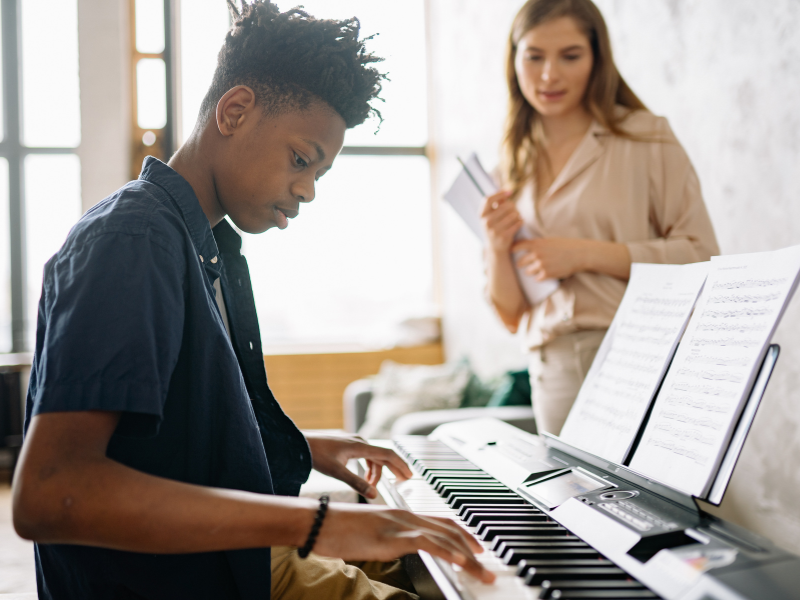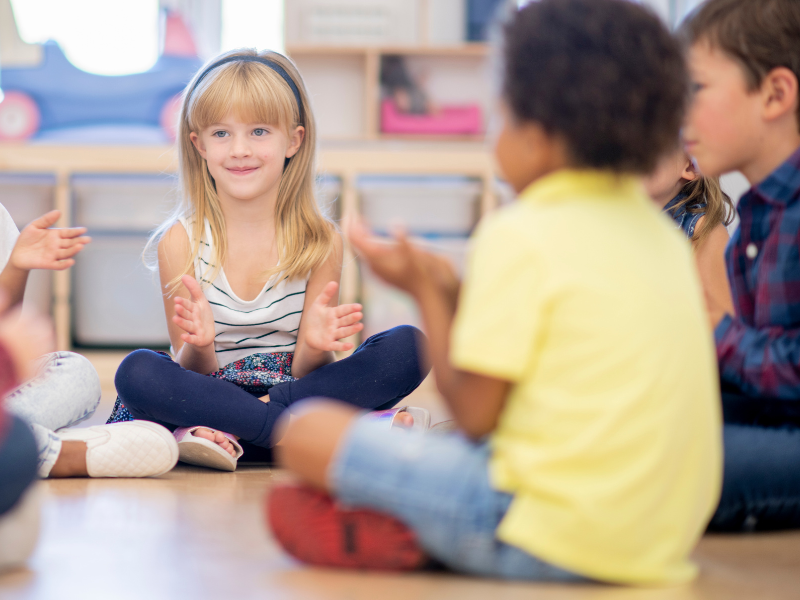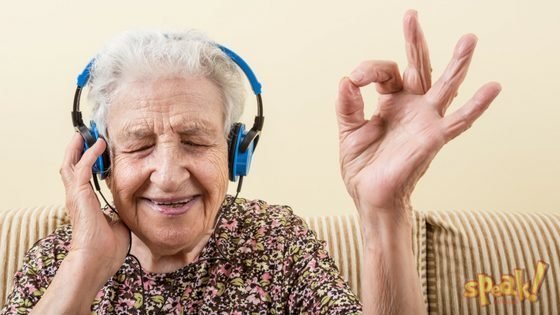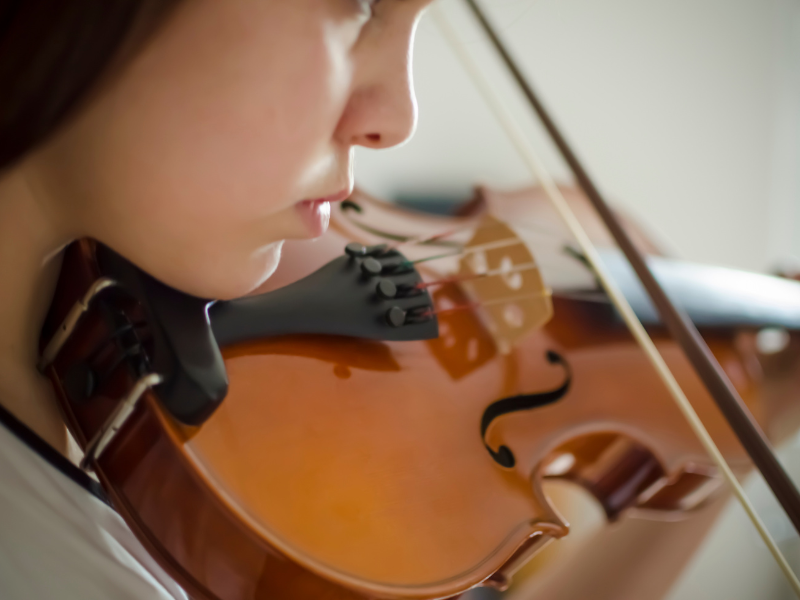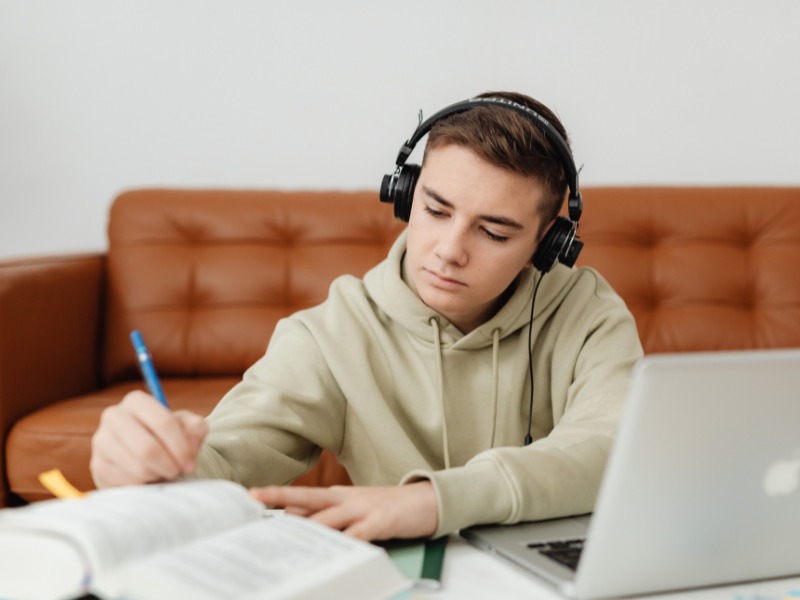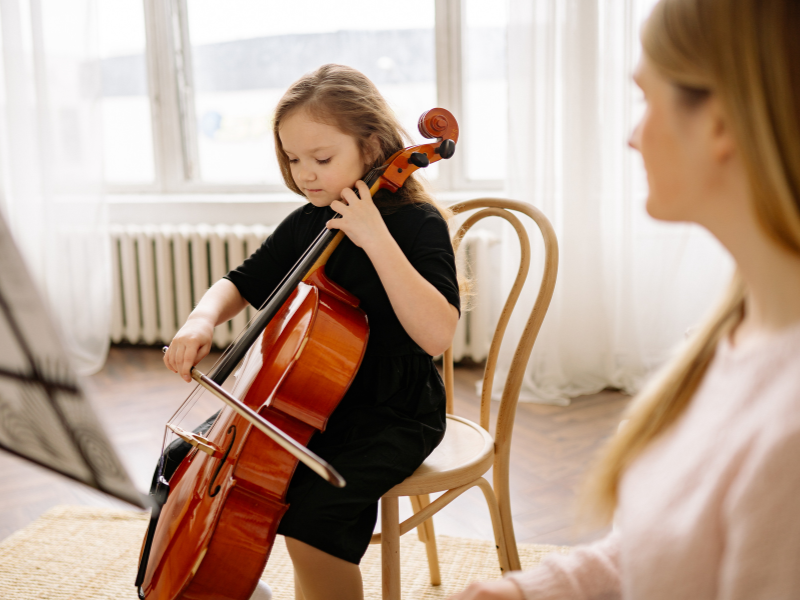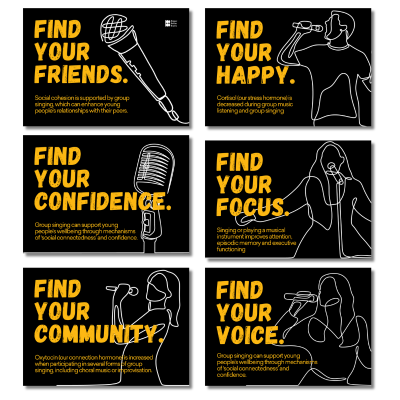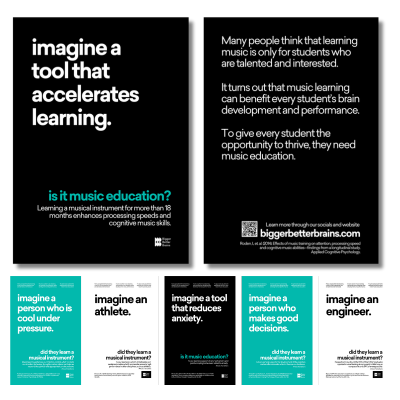
Research Updates

Here at Bigger Better Brains we believe that through educating yourself, you can then educate and affect positive change in your community.
With all of the research in the field of neuromusical science, our BBB Research section serves as a content hub for you. We regularly share findings and break down the latest research to educate and inspire discussion. We hope you enjoy this page on our website and share BBB news with your colleagues, parents and students.
- Advocacy
- Ageing
- Aging
- Attention
- Auditory Processing
- Cognitive Health
- Communication
- Community
- Dyslexia, Autism & ADHD
- Early Childhood
- Executive Function
- Fireworks
- Impulse Control
- Language & Literacy
- Memory
- Music Learning
- Music Listening
- Neural Development
- Parents
- Personality
- Productivity
- Prosocial Behaviour
- Prosody
- Reading
- Rehabilitation
- Research Bites
- Research Methods
- Research Quick Reads
- Reward
- Singing
- Social Skills
- Video
- Wellbeing & Therapy
- Working Memory
The Future of Work: Why Music Learning Prepares Students for Tomorrow’s Jobs
The World Economic Forum's Future of Jobs Report 2025 highlights the critical skills that will define the workforce of tomorrow.
Music Education vs. Brain Training Programs
Recent research has revealed that brain training programs for children do not lead to significant improvements in real-world cognitive functions.
Could 'musical medicine' influence healthy aging?
Imagine a world where music serves as a powerful tool for healthy aging. Dr. Psyche Loui at Northeastern University explores how music strengthens brain connections, enhancing memory and emotions.
A 90-minute habit that can boost your brain and mental health!
Dr. Seinfeld's research involving participants aged 60 to 85 found that those who took piano lessons showed remarkable improvements in executive functions, attention, and inhibitory control.
Unlocking learning potential through music
Neuroscientist Nina Kraus notes that playing an instrument is one of the richest brain activities, leading to better language and reading skills.
How Music Primes the Brain for Learning
This article delves into the transformative impact of music education, particularly for underserved students, and a strategic tool for addressing academic challenges, boosting attendance, language skills, and social integration.
The Cognitive Symphony of the Brisbane City Pops Orchestra
This article dives into the history and enduring vitality of the Brisbane City Pops Orchestra who have recently celebrated their milestone 50th-anniversary performance. The orchestra boasts a diverse ensemble of musicians spanning generations, including members who have been involved since the beginning.
Playing a musical instrument or singing in a choir may boost your brain
A recent study published in the International Journal of Geriatric Psychiatry found that individuals with a history of musical experience, regardless of proficiency or instrument played, exhibited better memory and executive function.
The late-life cognitive benefits of early musical training
This study found that people who learned for more than 10 years didn’t have any differences compared with the control group, but they did find the late-life cognitive benefits of early musical training…
Singing at work = better job performance
Imagine having a singing group at your work. Imagine starting the day with a song with your colleagues. What would your work culture feel like and how would you feel about going to work?
Teaching parents about music
There is now an enormous amount of research that has explored, measured, quantified and illuminated the benefits of music education on cognitive, emotional, social and physical development. Such is the quantity and quality of the research that it is now understood that music education benefits the development of the whole person like no other human activity.
How’s your fluid intelligence?
If you’re a musically trained person, your fluid intelligence is probably highly developed! But what is fluid intelligence?
Producing the “ideal” student through music
“Stay on task, remember what you are doing and think creatively” says every teacher in some way to their students throughout the school test. While we might know what these learning behaviours look like from the outside, do we really know what is going on inside the students brains? And how on earth can learning music help?
A couple of reasons why every child should have access to music education
In this study, released by Florida International University, they found that group music classes affected overall competence, confidence, caring, character and connection.
What is working memory and how might music learning help?
This article is a great explanation of working memory and the different ways it is affected by disorders such as dyslexia, auditory processing disorder and ADHD.
Background music – good or bad for productivity?
As always it is all about context and what you trying the measure. This study found that background music for musicians leads to greater productivity, than non-musicians.
Music learning can change the educational life for disadvantaged students
Music has been used as an intervention around the world to help students, and inevitably whole communities, who are living in challenging circumstances.
The chicken and working memory egg
Musicians have been found to have a higher capacity for something called speech-in-noise. This is the ability to hear and understand speech in a noisy environment.
Is music talent set or grown?
Our traditional ideas about musical talent are being challenged by neuromusical research. Through studying musicians Neuroscientists and psychologists are working with a theory that we are born with predispositions for many things.
Effective working memory leads to effective and efficient learning
Working memory is our temporary storage unit for information. It is the folder we put our daily timetable in, what we need to take with us to work or school.
I succeeded as an entrepreneur because of my music degree
“I succeeded as an entrepreneur not despite the fact that I had a music degree, but precisely because of it.” This statement came from Panos Panay, the founding managing director of the Institute for Creative Entrepreneurship at Berklee College of Music.
Do teenagers know best when it comes to using music to enhance study?
Here is a question we get from parents all the time – should I let my teenager listen to music while they study?
Strings for the win!
This study followed the students for two years and measured how the different types of music learning impacted on several executive function skills.
Musical training linked to improved attention and working memory
“Musical training can improve attention and working memory, which are executive functions that are important for daily life and are correlated with general better outcomes during lifespan.”
A school transformed itself by giving every student a violin
This is where the power of the story is. It is not simply that music learning has transformed a school and its students; it is HOW it has done it.
Could music help improve students’ ability to learn?
As students worldwide are having educational experiences that are a little or a lot different to their “normal”, teachers are looking for ways to maintain students’ engagement in a similar way to when they are attending “normal” school.
Music hits the mark to improve our memory
For almost a decade now we have understood that music listening activates the reward network in the brain.
Music learning enhances executive function in preschoolers
After 12 weeks of 35 minutes of active music learning every day, randomly chosen preschoolers in the experiment group had higher scores on all of these executive function measures.
Make your brain more efficient
How efficiently is your brain working today? Music learning trains the brain to use fewer brain resources when compared with non-musically trained people (and in this case those who are also bilingual).
When things get noisey do your ears shut down?
Our auditory processing system is possibly our largest information-gathering sense. It keeps us safe and it processes mountains of information without our knowledge. It also never turns off. But, sometimes it gets tired and a bit overwhelmed.














